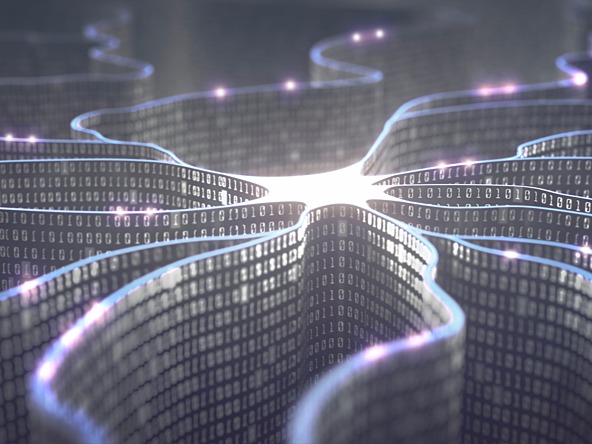Artificial intelligence as ‘fundamental’ as the internet, says Bill Gates

In a personal blog post, Gates described the technology used by AI tools including ChatGPT, as “the most important advance in technology since the graphical user interface”.
He said: “The development of AI is as fundamental as the creation of the microprocessor, the personal computer, the Internet, and the mobile phone.
“It will change the way people work, learn, travel, get health care, and communicate with each other. Entire industries will reorient around it. Businesses will distinguish themselves by how well they use it.”
Gates made the distinction between artificial intelligence, used to power the likes of ChatGPT, and the term ‘artificial general intelligence’ or AGI – software that does not yet exist, that will be “capable of learning any task or subject”.
Pointing to the future, he wrote: “Once developers can generalise a learning algorithm and run it at the speed of a computer – an accomplishment that could be a decade away or a century away – we’ll have an incredibly powerful AGI. It will be able to do everything that a human brain can, but without any practical limits on the size of its memory or the speed at which it operates. This will be a profound change.”
Such AGIs will “probably be able to establish their own goals”, raising questions about what happens if those goals “conflict with humanity’s interests”, said Gates, adding that these questions will become “more pressing with time”.
However, he said: “None of the breakthroughs of the past few months have moved us substantially closer to strong AI. Artificial intelligence still doesn’t control the physical world and can’t establish its own goals.”
Gates, who co-chairs the Bill & Melinda Gates Foundation, also pointed to the potential of AI to reduce “some of the world’s worst inequities”.
For example, he said, AI could help “turn around” the trend of decreasing achievement in maths in the US and be used to address the issue of climate change, although he added: “I’m still thinking and learning about how AI can help.”
He also discussed global health and education, areas where there is a “great need and not enough workers to meet those needs”, adding that AI “can help reduce inequity if it is properly targeted” in these areas.
We should try to “balance” fears about the downsides of AI with its “ability to improve people’s lives”, Gates wrote, adding: “To make the most of this remarkable new technology, we’ll need to both guard against the risks and spread the benefits to as many people as possible.”

We hope you enjoyed this article.
Research Live is published by MRS.
The Market Research Society (MRS) exists to promote and protect the research sector, showcasing how research delivers impact for businesses and government.
Members of MRS enjoy many benefits including tailoured policy guidance, discounts on training and conferences, and access to member-only content.
For example, there's an archive of winning case studies from over a decade of MRS Awards.
Find out more about the benefits of joining MRS here.













0 Comments